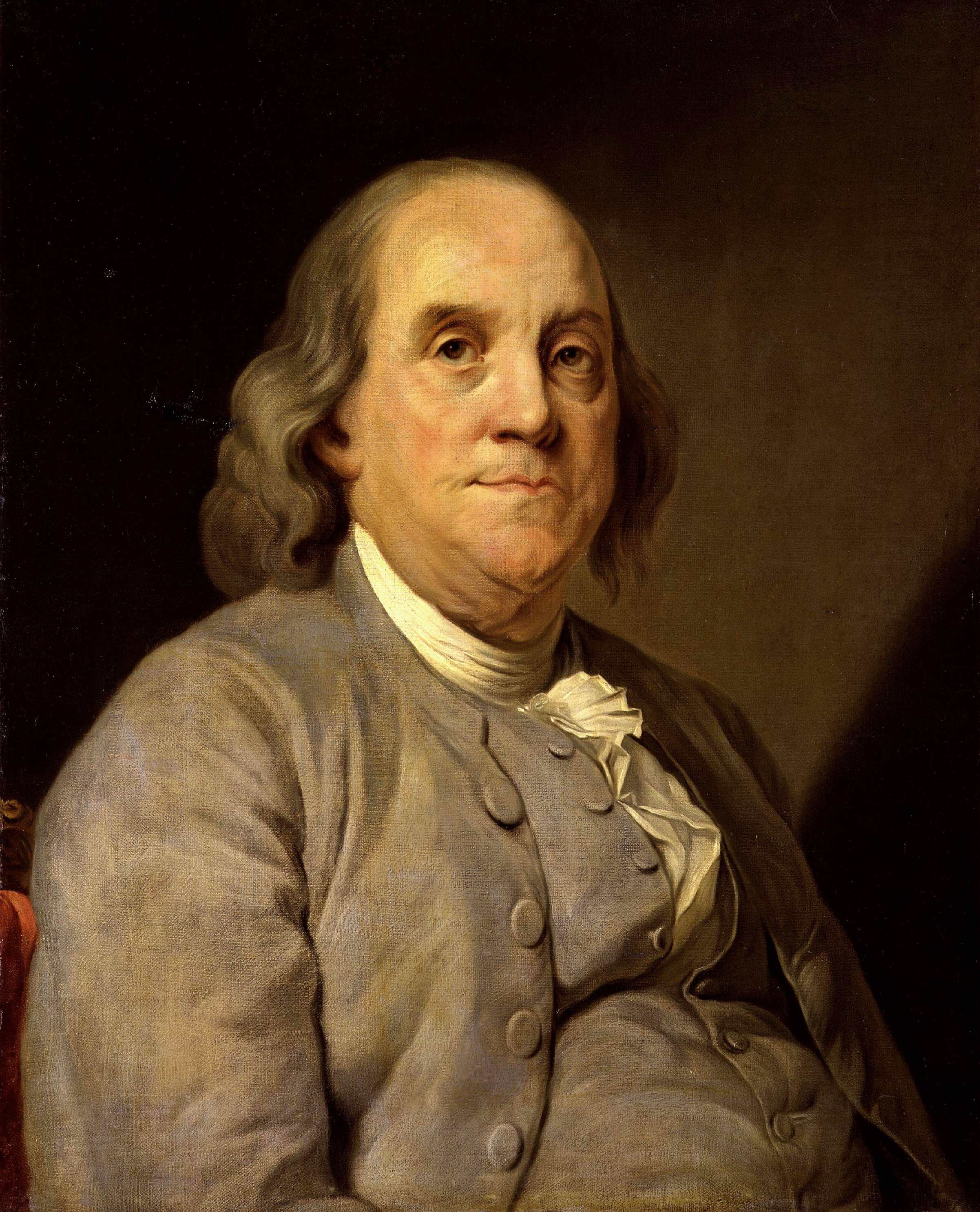John Locke (1632-1704) was a British philosopher, Oxford
academic and medical researcher. Locke's monumental An Essay
Concerning Human Understanding (1689) is one of the first great
defenses of empiricism and concerns itself with determining the limits
of human understanding in respect to a wide spectrum of topics. It
thus tells us in some detail what one can legitimately claim to know
and what one cannot. Among Locke's political works he is most
famous for The Second Treatise of Government in which he
argues that sovereignty resides in the people and explains the nature
of legitimate government in terms of natural rights and the social
contract. He is also famous for calling for the separation of Church
and State in his Letter Concerning Toleration. Much of
Locke's work is characterized by opposition to authoritarianism. This
is apparent both on the level of the individual person and on the
level of institutions such as government and church. For the
individual, Locke wants each of us to use reason to search after truth
rather than simply accept the opinion of authorities or be subject to
superstition. He wants us to proportion assent to propositions to the
evidence for them. On the level of institutions it becomes important
to distinguish the legitimate from the illegitimate functions of
institutions and to make the corresponding distinction for the uses of
force by these institutions. Locke believes that using reason to try
to grasp the truth, and determine the legitimate functions of
institutions will optimize human flourishing for the individual and
society both in respect to its material and spiritual welfare. This in
turn, amounts to following natural law and the fulfillment of the
divine purpose for humanity. (adapted from the Stanford Encyclopedia of Philosophy)
Reading:
John Locke, "A Letter Concerning Toleration" (PER 81-89)
Thomas Jefferson, "Religion... my views of it..." (PER 160-166)
Benjamin Franklin, "Something of my religion..." (PER 166-167)
E/C Print all PDF readings from the course, place in a three ring binder
E/C Print all PDF readings from the course, place in a three ring binder
Viewing:
Angelica Kauffman, Christ and the Samaritan Woman at the Well (1796)
Study Questions:
1. In Locke's "A Letter Concerning Toleration," what are the proper functions of the state and religion? What is the relationship between authority and individual conscious? How is this different than Kant?
2. What are the views of Jefferson and Franklin on religion?



